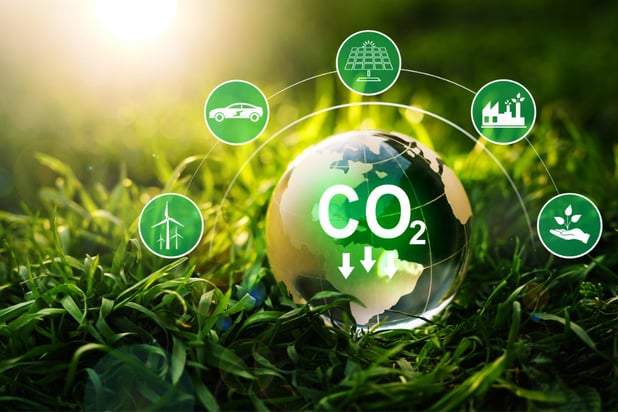

American International Group (AIG) is committing to limit support for coal, tar sands oil and Arctic energy and instead align its insurance and investments with net-zero greenhouse gas (GHG) emissions by 2050 – and non-profit organization Public Citizen has weighed in on the subject.
Public Citizen noted that AIG has jumped from the bottom of the barrel to become the first US property and casual insurer to commit to these specific projects.
The organization revealed that compared to other US insurers, this will make AIG the seventh North American insurer to restrict insurance services for the coal sector, the fourth to limit insurance for the tar sands sector and the first US insurer to put a cap on insurance for the Arctic energy sector.
However, Public Citizen has also identified a number of issues AIG failed to specify and address in its commitments.
“These commitments are a major step for AIG and bring the insurer closer to ending its
role in furthering the climate crisis,” it said in the Public Citizen analysis. “At the same time, the policy still has gaps and falls below the standard set by leading global insurers.”
For one, the commitment for GHG emissions does not explicitly rule out support for fossil fuel expansion, which is incompatible with reaching the net-zero target by 2050. In another, the organization said, the commitments lack a clear definition of tar sand projects and Arctic energy exploration. Such loopholes can still allow AIG to insure tar sands transport projects like the Trans Mountain pipeline.
In addition, Public Citizen said AIG’s current timeline of phasing out existing underwriting relationships with coal and tar sands companies by 2030 is “unacceptable” since the insurer will still allow continued support in the next eight years.
According to Public Citizen, AIG has refused to answer these questions and instead promises to clarify the lacking information in its policies. In the meantime, Public Citizen and Insure Our Future have called on AIG to adhere to more specific demands – guided by the Paris agreement – to calibrate its climate commitments better.
